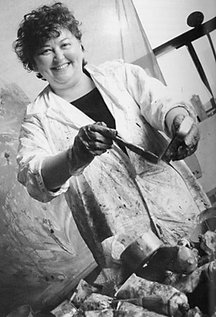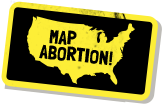
A pioneer of feminist avant-garde cinema, Joyce Wieland explored the crux of nationalism, feminine sexuality and ecology for more than thirty years in films such as her influential RAT LIFE AND DIET IN NORTH AMERICA (1968) and REASON OVER PASSION (‘67-69).
Reason over Passion / La raison avant la passion is one of Joyce Wieland’s most renowned experimental films– a cross-country travelogue, political satire, modernist experiment— which embodies many of the themes recurrent in her rich, diverse and extensive oeuvre. It was inspired by a speech given by then Canadian Prime Minister Pierre Elliott Trudeau, in which the phrase “reason over passion” was meant to be a strategic goal for Canada’s future and the possibility of some sort of unity between the French and the English. To Joyce Wieland, however, as a woman, as an artist (who worked with textiles undervalued as women’s craft not high art), and as a passionate Canadian nationalist, “Passion over Reason” described more of her own approach to art and life.
Born in Toronto in 1931, Wieland studied commercial art at the city’s Central Technical School. Returning to Canada from a trip to Europe, where her exposure to art would serve as inspiration, Wieland landed a job as a film animator for a small private firm. There she met her husband, Michael Snow, an internationally recognized avant-garde filmmaker.
In 1963, Snow and Wieland decided that a move from Toronto to New York would benefit the couple artistically and increase their visibility on the international scene. Although she had a hard time disassociating herself from Snow, Wieland quickly attained widespread popularity in New York. The move also raised awareness for her home country and had a profound effect on the work she would produce.
As the 1960s progressed, Wieland began exploring different themes and various media as means of expression. The use of traditional female handicraft in quilts, and other fabric-based works was significant during this period of her career.
Social and political activism in art was a concept that interested Wieland, who, by the mid-60s, had became an important figure in the avant-garde and experimental film scene in New York. By 1967, she had stopped painting and devoted herself entirely to exploring new ways of expressing herself. Her experimental film repertoire, which includes Rat Life and Diet in North America (1968), Dripping Water (1969) and Solidarity (1973), evokes symbolic content and meaning that embody her passion for Canada, her ecological concerns and her interest in defining sexuality through visual representations. Wieland’s filmography also includes The Far Shore (1976), her only feature-length film which, unfortunately, was a commercial and critical failure at the time of its release.


